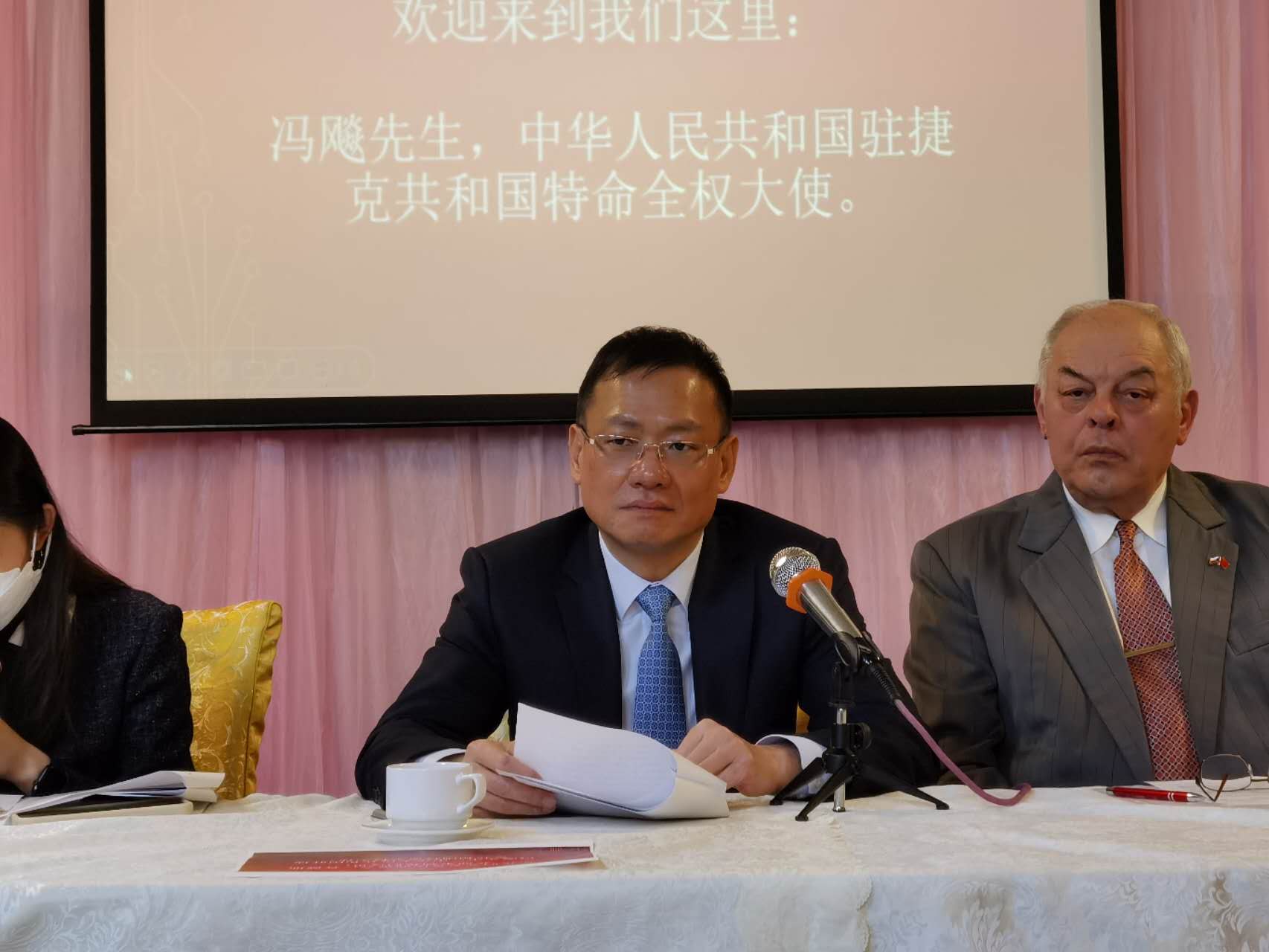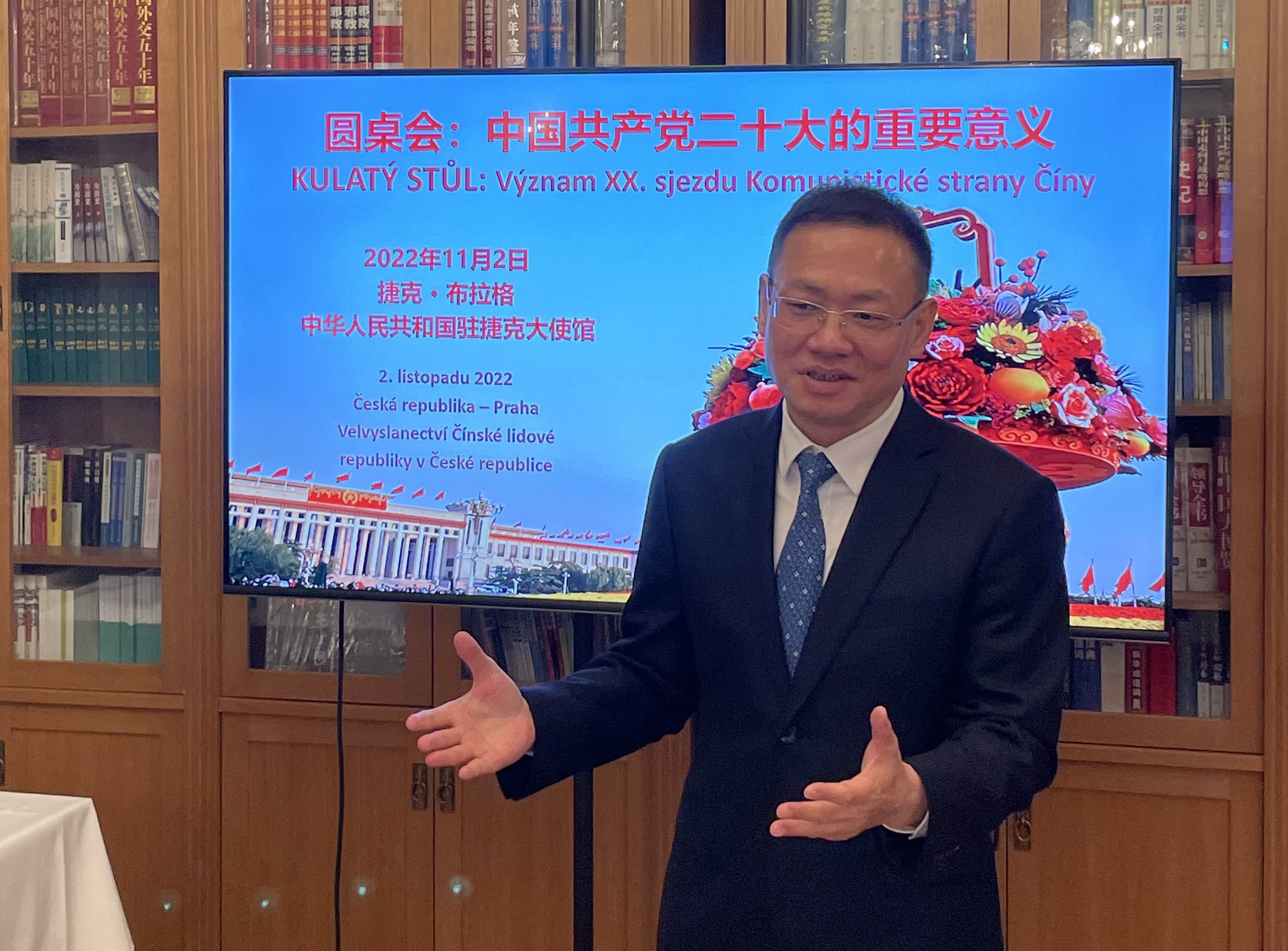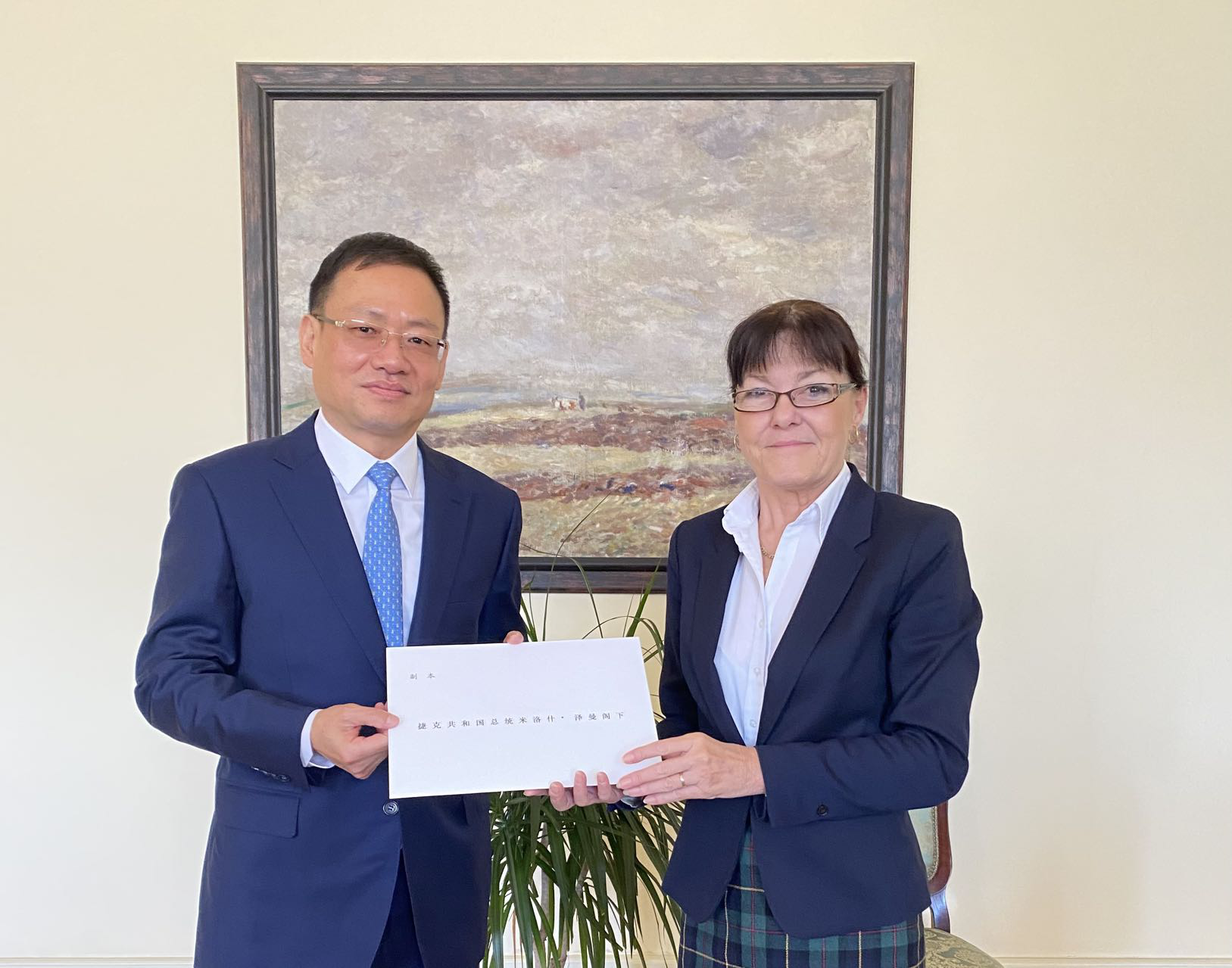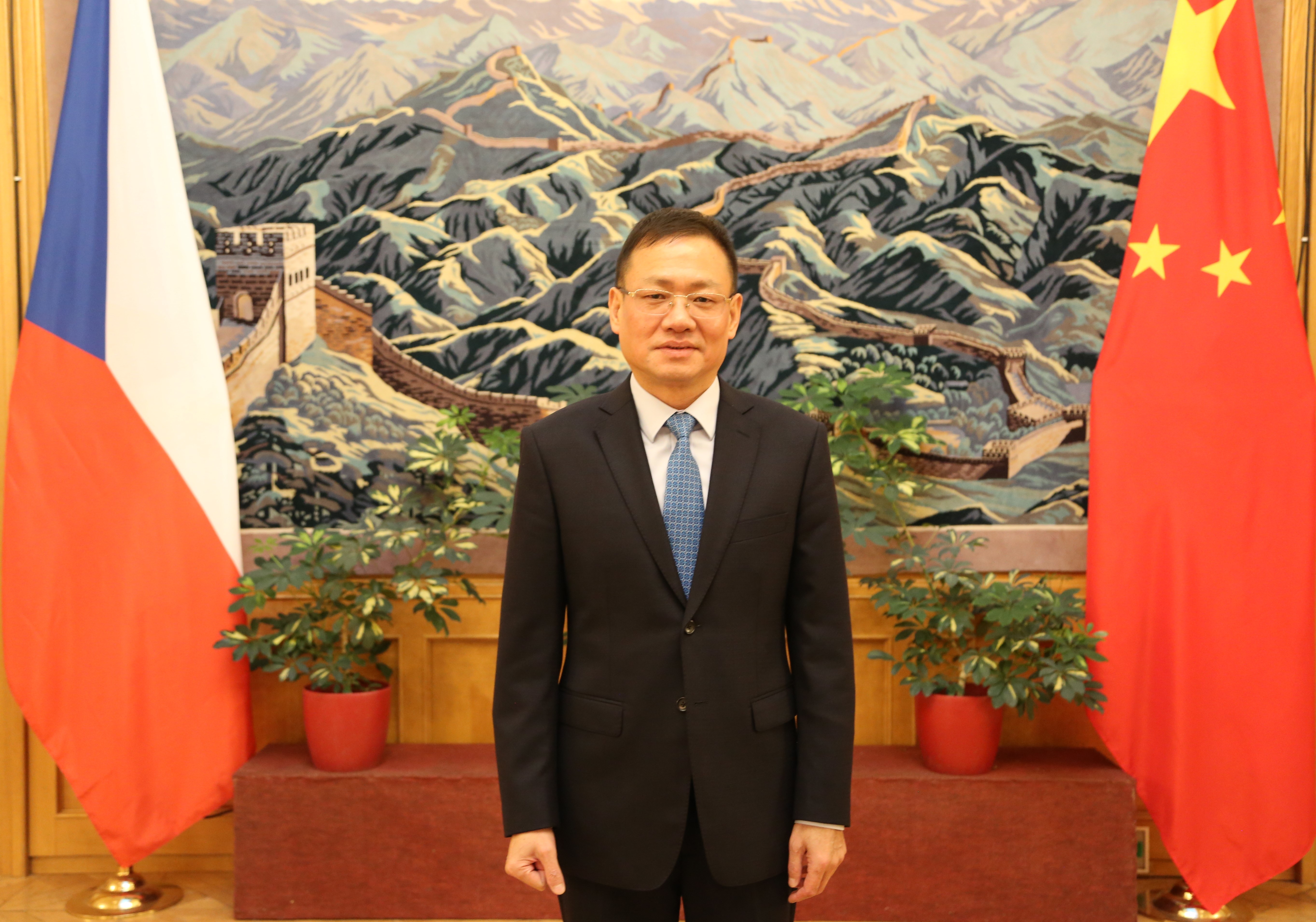| Love For the Poor |
| 2009-09-28 16:47 |
| Shi Shengchang works in the grassroots banks in southwest The happiest thing for the taciturn man is to see hundreds or thousands of poor farmers are getting rich because of his help. "The poor love the poor. Provided the poor are diligent, they can become rich with out help," said Shi, director of the Rural Credit Cooperatives (RCC) in Shuitang Town of Ziyun County, In Shi Shengchang, 47, was in a village, where his family is one of the only three belonging to Han, and the other some 300 families are of Miao ethnic group. Shi learned to speak Miao language when he was a kid. Each family in the village was poor. Some still depend on the support of government nowadays. Shi's mother was dead when he was five. Shi and his four siblings lived on the mean income of his father. Wearing his only suit all year round, Shi was often laughed at in school. Shi got a job as an accountant in the RCC in "I didn't know if I would like it. I just want to have a try," said Shi. "After working for several months, I found I love this job. My family is poor, and all the farmers in the neighborhood are poor. They have no money to develop. Only the RCC can help them. I want to help them through my job." The RCC in the town with a population of 8,000 had only two employees. The total deposit in the RCC was 10,000 yuan (1,470 U.S. dollars), and the small bank could only provide loans of 8,000 yuan (1,176 U.S. dollars) at that time. The loans ranged from 20 yuan (2.9 U.S. dollars) to 200 yuan (29 U.S. dollars), with which farmers could buy some farming tools, piglets and calves. "The rural reform was just launched in early 1980s. Our work was hard because of the shortage of funds. I understand the farmers. Although they are poor, they can pay back the loans so long as they find the way to make money," said Shi. He became the vice director of the RCC in "We had competition with the Agricultural Bank of "We opened earlier than the Agricultural Bank, and closed later. We provided more convenience for the farmers," Shi said. But many farmers had no idea about the RCC, thinking it's a department of the government, and didn't know they can deposit money in the RCC. Shi heard that Wu Shaocai, 59, a descendant of landlord living in the "I wanted to encourage him to deposit his money in our RCC. But I couldn't say that directly. So I went to his home to make friends with him," Shi said. Shi visited Wu twice, telling him that the village was suitable for raising black goats. The RCC could offer him loans. With a good impression about Shi, Wu invited him to have a drink. "The farmers believe you are a good friend after you drink liquor with them," said Shi. Shi told Wu, "I know you have money. Why don't you put them in the bank? The annual rate of the fixed deposit is more than one percent. It's even better than running a small business." Wu believed Shi. He took Shi to the backyard of his home secretly. Lifting a slate, Wu took out a big bag wrapped with layers of newspaper and oilpaper, under which were bundles of 10-yuan bills. Many notes were ruined by mildew Wu had never told others about the hiding place of the money. The two took the money to the RCC, and Shi gently separated each note. There were a total of 3,000 yuan (441 U.S. dollars). Shi helped Wu change the ruined notes in the People's Grateful to Shi, Wu took him to his home again. He took out a big chest, full of silver coins dating back to the early 20th century, buried just beside his bed. Since the People's Bank would only buy the coins at the price of silver, Shi suggested Wu to sell the coins on the collection market. Now Wu has a deposit of more than 100,000 yuan (14,705 U.S. dollars) in the RCC. The Asian financial crisis in 1997 aroused a big worry about financial risks in As a result, people in the remote rural areas have no access to financial services. At present, more than 240 towns in "I felt the rapid development after 2000, " Shi said, who was promoted to the director of the Houchang Town RCC, the biggest one in the whole Shi was assigned to another RCC in He visited all the 6,000 families in 22 villages in two years to set up detailed credit data about the farmers. The roads to the remote villages are so rugged that Shi had to go there on foot. It took him more than five hours to walk to the farthest village. However, the farmers in Knowing that local government had a special fund for renovating old houses, Shi suggested the government of the town to spend the fund in this village. Each family got 6,000 yuan. He also ratified a loan of 30,000 yuan (4,411 U.S. dollars) to each family to help them build new houses close to the road. "They will think about making fortune only when their living conditions are improved. I'm not afraid of the risk because the loans were used to build houses, which will rise in value," Shi said. During his 27 years of working experience, the repayment rate of the loans ratified by Shi is 98 percent. "My leader said I acted like a shrew when I asked for fund," Shi joked. But he has won full trust from his leaders because of his outstanding achievement in work. "I can tell a person whether he can repay the loan after I talk to him for several times. As long as he has the capability, ideas and actions, I would have confidence in him," Shi said. Because of his excellent work, Shi was transferred to Shuitang Town RCC in February 2009. Illegal fund raising was rampant in the town in 1990s. Fearing RCC is similar , local farmers would rather deposit their money in the large banks in the county far away. Shi started his work from zero again, to visit every family in the town. He collected credit data for more than 4,000 families in eight months, and encouraged the farmers to deposit money in the RCC. Zhang Qizhong, a farmer of Affected by the global financial crisis, Zhang's toy factory went bankrupt in 2008. He lost most of his money and had to come back to his hometown Shi believed Zhang could be a good entrepreneur, and ratified a loan of 100,000 yuan (14,706 U.S. dollars) to him to set up a chicken farm. As the effect of the global financial crisis going deep, a large number of farmers-turned-migrant workers lost their jobs in cities and returned to the countryside. It has become an urgent issue to provide sufficient and multiple financial services in the rural areas. Shi said he plans to provide more services for the migrant workers coming out from the town. When he worked in the previous RCC in "I went back to ---End--- |
|
||||||||||||||||
| ||||||||||||||||
|
|
||||||||||||||||







